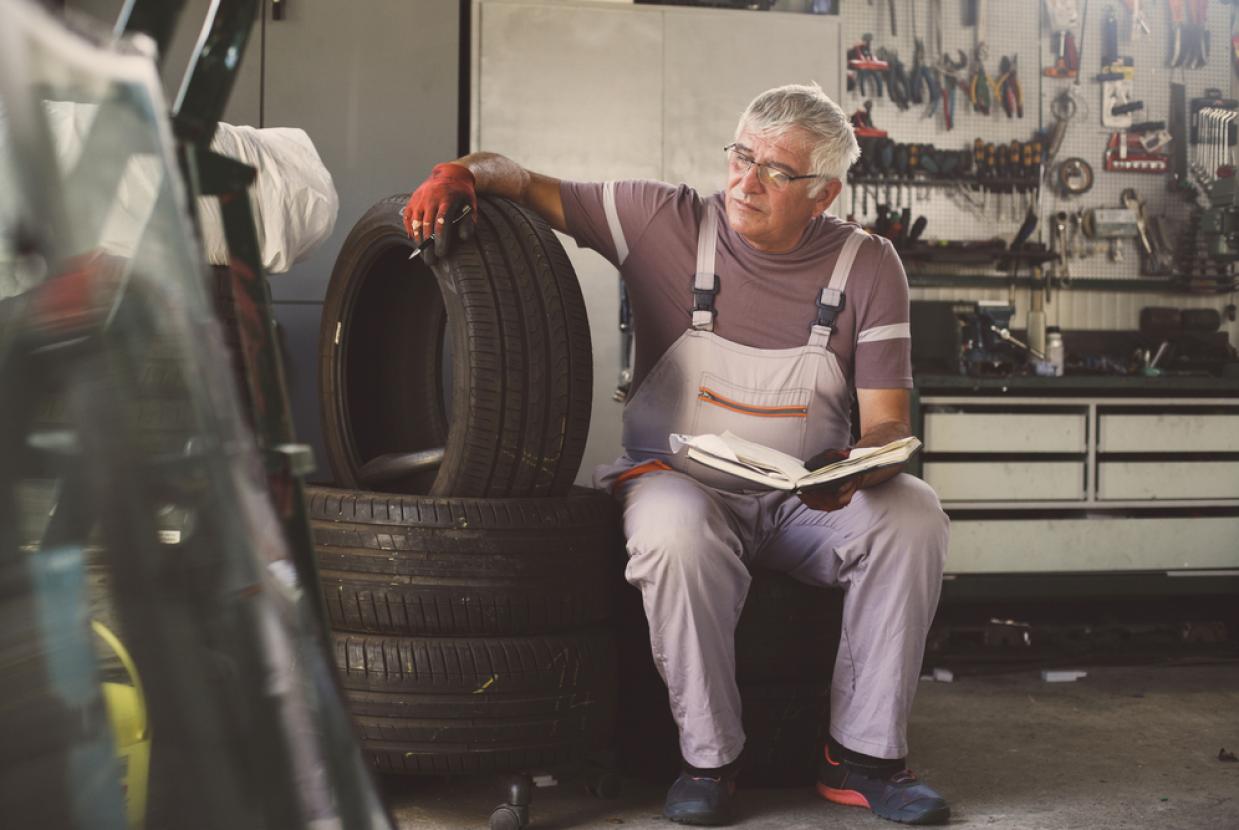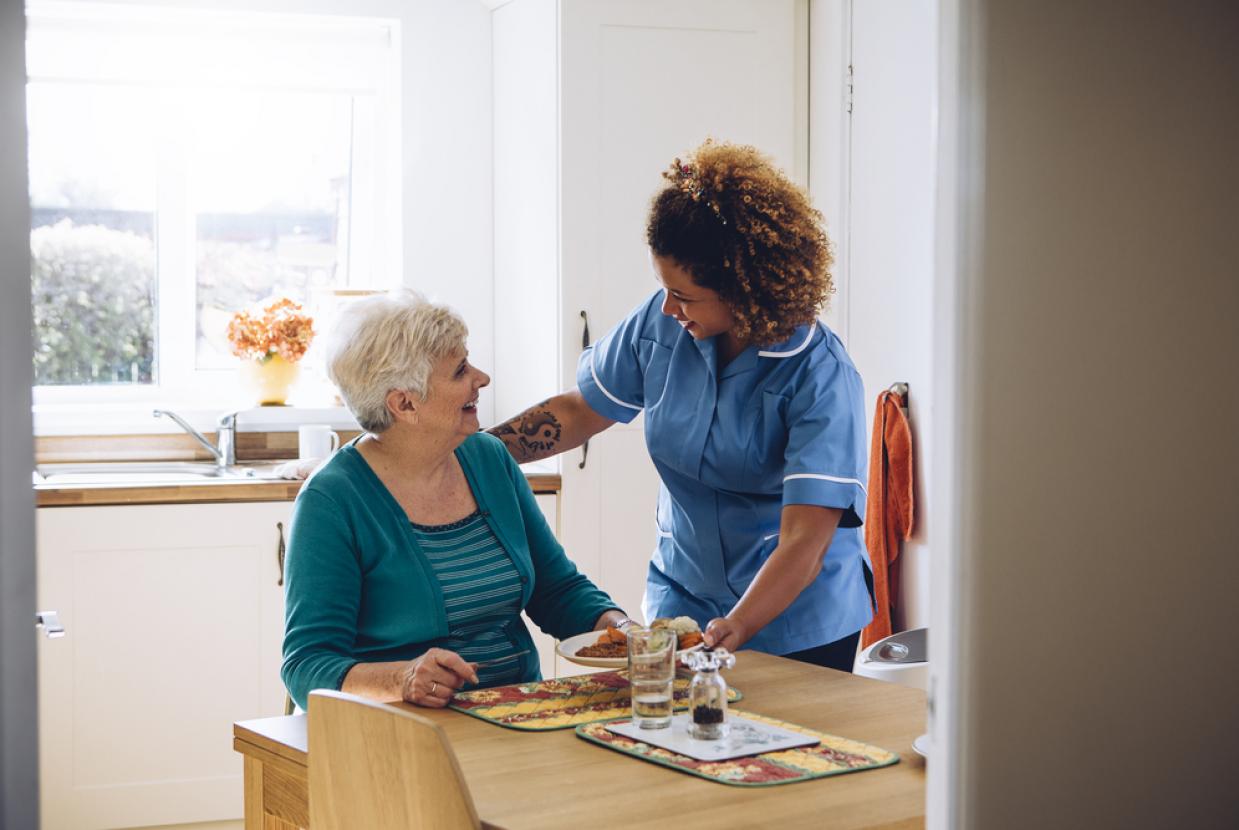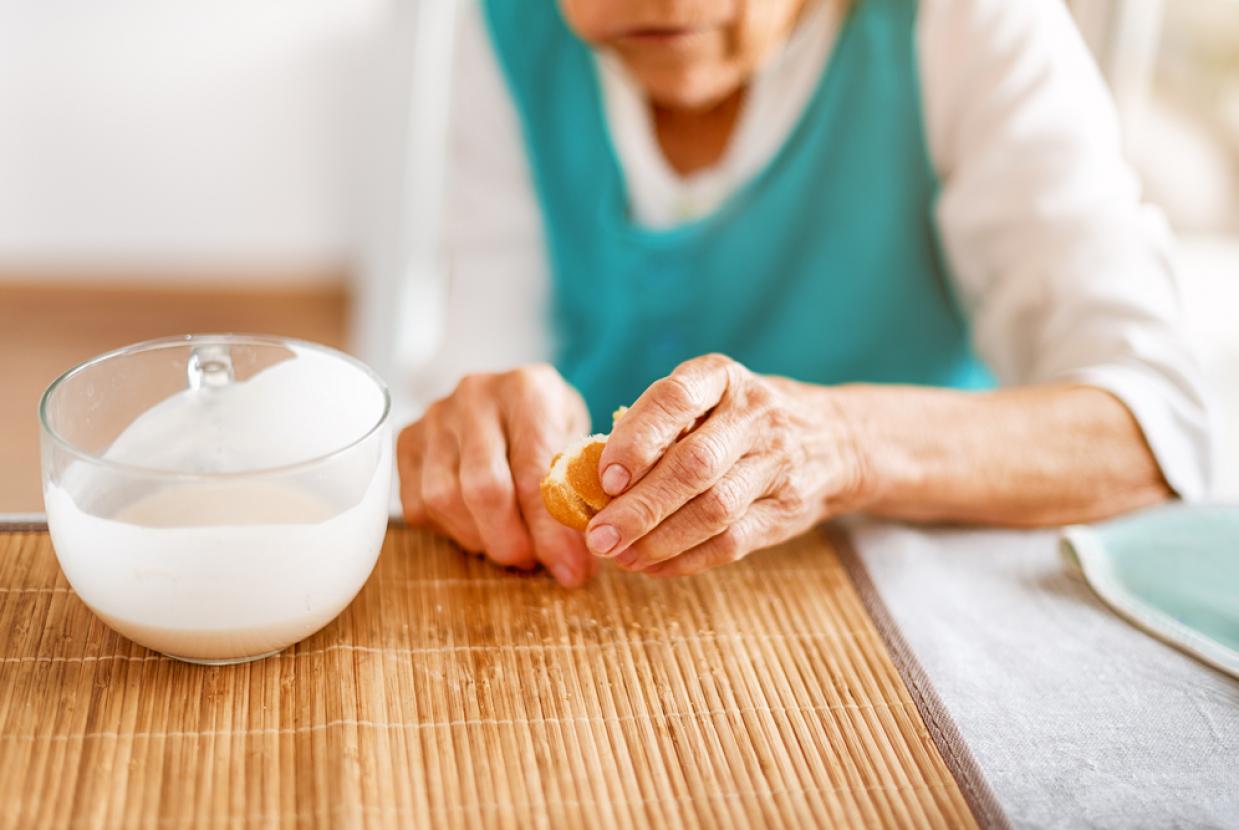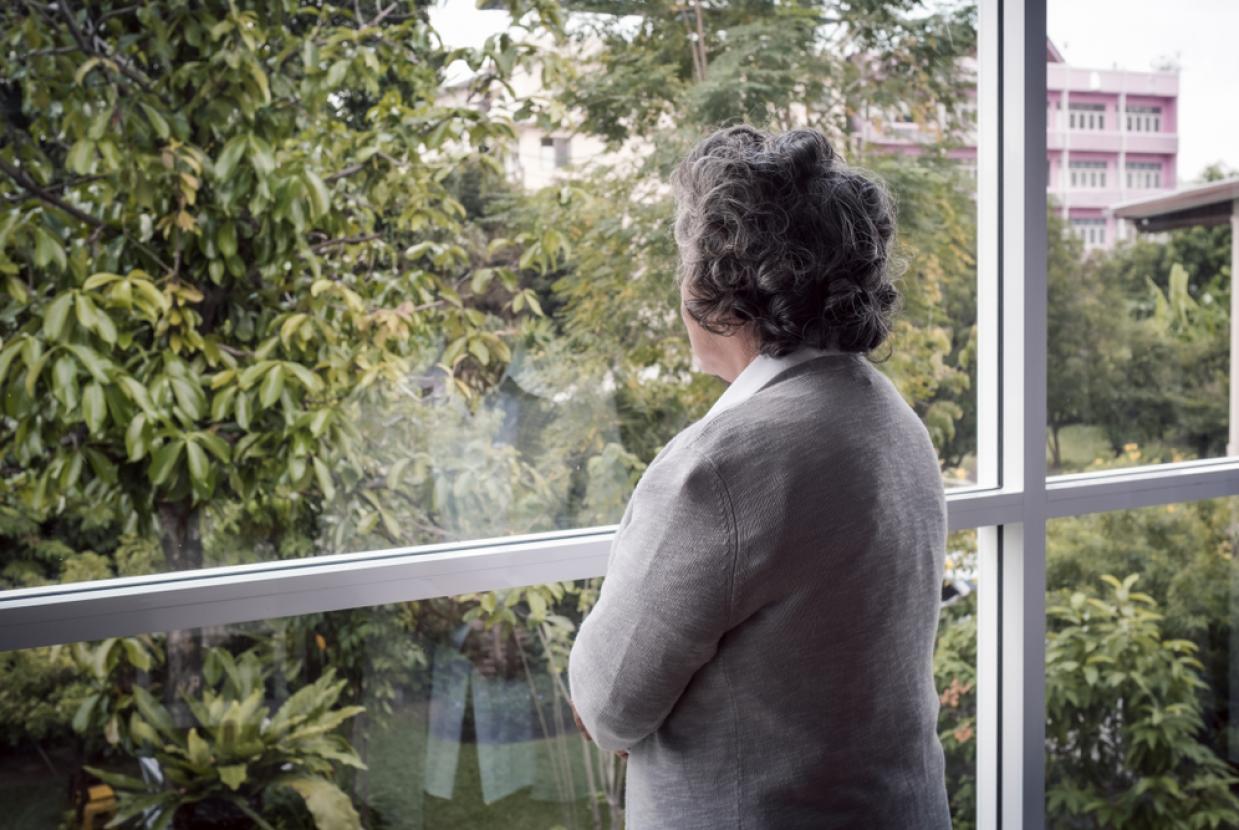Making A Will
Making a will is the only way to make sure your money, property, possessions and investments (known as your estate) go to the people and causes you care about.
How do I value my estate?
Your will should cover your whole estate, so it's a good idea to draw up a list of your assets and debts. Then you have a clear idea of how much it's worth, which can help you decide how to distribute it.
Assets that typically make up an estate include:
- any property you own (in the UK or abroad)
- savings in banks, building societies or elsewhere (Premium Bonds, for instance)
- insurance such as life assurance or an endowment policy
- pension funds that include a lump sum payment on death
- investments such as stocks and shares, cryptocurrencies or investment trusts
- vehicles
- jewellery, antiques and other valuable personal belongings
- furniture and other house contents.
Debts might include:
- a mortgage or equity release
- a credit card balance
- a bank overdraft
- loans.
It's a good idea to get assets valued regularly. The price of your house, for instance, might have changed substantially since you last checked.
How do I divide my estate?
Your will needs to state clearly how you want your estate to be distributed, and who should be responsible for distributing it. Think about:
- who you want to benefit from your will
- whether you want to give any specific gifts to particular people
- where the 'residue' of the estate is to go (any property or money left over after paying funeral and administrative expenses, legacies and taxes)
- what you want to happen if any of your beneficiaries should die before you
- whether you want to leave any money to charity.
Executors are legally responsible for dealing with someone's estate after their death. It can involve a lot of work and responsibility, so it's important to choose your executor (or executors) carefully.
When you're choosing who to appoint, you should talk to them to check they understand what's involved and that they're happy to do it.
How do I write my will?
There are a few different ways you can write your will:
- It’s usually best to get advice from a lawyer (such as a solicitor or chartered legal executive). You might want to choose one who specialises in wills and probate. Check they're licensed with the relevant professional body, such as the Solicitors Regulation Authority.
- Some charities and campaigns offer free will-writing services to encourage people to make wills and leave charitable legacies. For more information, visit Will Aid or Free Wills Month – Age UK takes part in both schemes.
- Some banks offer will-writing services and advice about estate planning. An adviser at your local branch can explain what's on offer. Some banks charge high fees for these services – so it's important to read any small print carefully.
It's possible to use a professional will writer to make your will, but they aren't qualified solicitors and may not be regulated – so if you decide to use one, first check whether they're a member of the Institute of Professional Will writers or the Society of Will Writers.
You can also make your own will, but it's easy to make mistakes or miss out important details. While it might seem like the best option now, it could cause costly legal problems for your executors and beneficiaries further down the line, so it's normally better to get professional advice.
How do I make sure my will is valid?
For a will to be valid:
- it must be signed by you and witnessed by 2 people
- you must have mental capacity to make the will and understand the consequences of making it
- you must have made the will voluntarily and without pressure from anyone else.
The beginning of the will should state that it revokes all others. If you have an earlier will, you should destroy it. The government advises burning it safely or tearing it up.
Signing and witnessing the will
You must sign your will in the presence of 2 independent witnesses, who must also sign it in your presence – so all 3 people should be in the room together when each one signs. If the will is signed incorrectly, it isn't valid.
No one listed in the will as a beneficiary should act as a witness – they'll lose their right to their inheritance. They shouldn't even be in the room when the will is signed. It’s also best not to ask an executor to act as a witness.
If you can’t sign your will, it can be signed on your behalf as long as you’re in the room and it's signed at your direction. Any will signed on your behalf must contain a clause saying you understood the contents of the will before it was signed.
If you have a serious illness or dementia diagnosis, you can still make a will – but you need to have mental capacity for it to be valid. Your solicitor should make sure of this, and you may need a medical practitioner’s statement at the time the will is signed, certifying that you understand what you're signing.
Where should I store my will?
You can leave your will with a solicitor or bank or with the Probate Service. Alternatively, you can store it safely at home.
Find your local Probate Service using the directory on GOV.UK
You must let your executors know where your will is kept. It's important not to attach any documents to the will with paperclips or staples – if they detach and leave marks it'll raise questions about whether the will is missing any parts or amendments.
How do I update my will?
You should review your will every 5 years or after a major change in your life – such as the birth of a new grandchild or moving house. But it's important you never make alterations to the original document.
If you want to make a minor change to your will, you can add a supplement, known as a codicil. This must be signed and witnessed in the same way as the will – although the witnesses don’t have to be the same as the original ones.
If you want to make a major change, you should make a new will and cancel your old one.
Do I need to change my will if I get remarried or divorced?
If you marry, remarry or enter a civil partnership, this cancels a previously existing will. Divorce doesn’t automatically invalidate a will made during the marriage – but it does exclude your ex-spouse or ex-civil partner from benefitting if they're mentioned.
You should arrange to make a new will if you marry, separate or divorce.
What happens if I don’t make a will?
If you don’t make a will, you're said to have died intestate – and your estate may not go to the people you want.
If you have a partner and you aren't married or in a civil partnership, they have no automatic right to inherit from you if you haven't made a will – even if you've lived together for a long time or have children.
Intestacy rules state that:
- If you're survived by a spouse or civil partner and children, your spouse or civil partner will inherit all your personal possessions and at least the first £322,000 of your estate, plus half of anything above this amount. Your children are then entitled to the other half of this balance.
- If you're survived by a spouse or civil partner but don’t have children, your spouse or civil partner will inherit your whole estate, including any personal possessions.
- If you're survived by children but not a spouse or civil partner, your children will inherit everything, divided equally between them.
- If you don't have a spouse, civil partner or children, then other relatives inherit in a set order.
- If you have no surviving relatives who can inherit, your estate will pass to the Crown.
Do I have to change my will if I get remarried or divorced?
If you marry, remarry or enter a civil partnership, this usually makes a previously existing will invalid. If you get divorced, your will stays valid, but your ex-spouse or civil partner won’t inherit anything if he or she is mentioned in the will.



















































